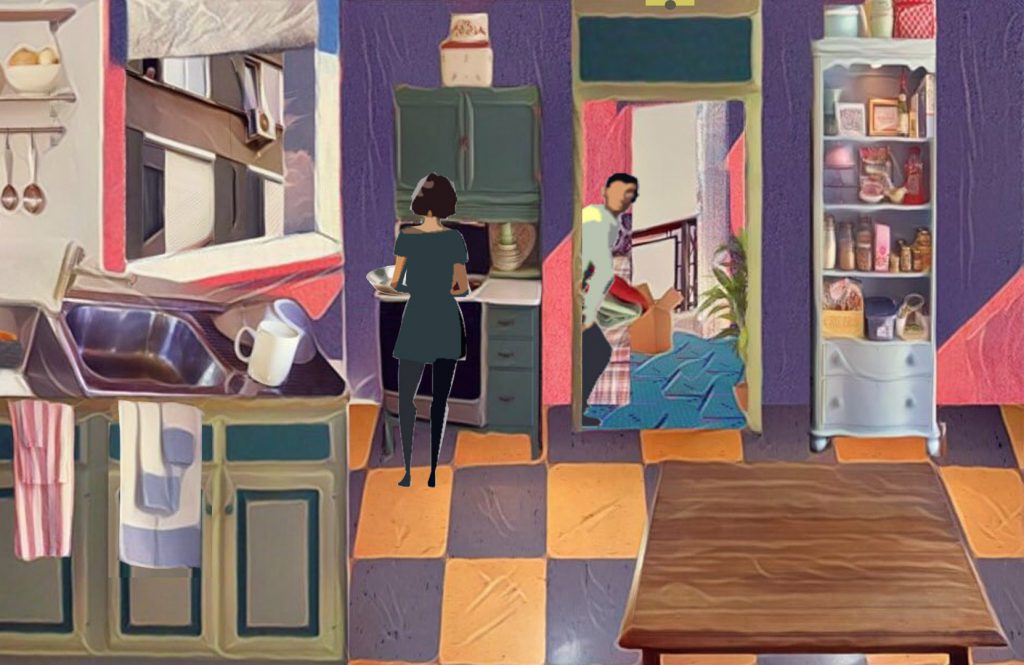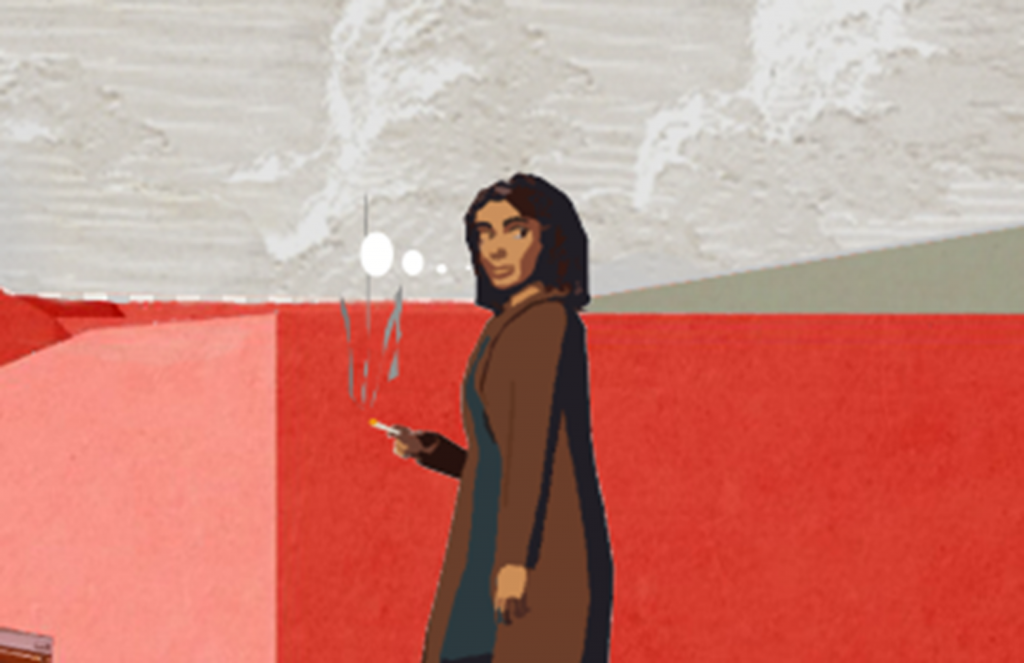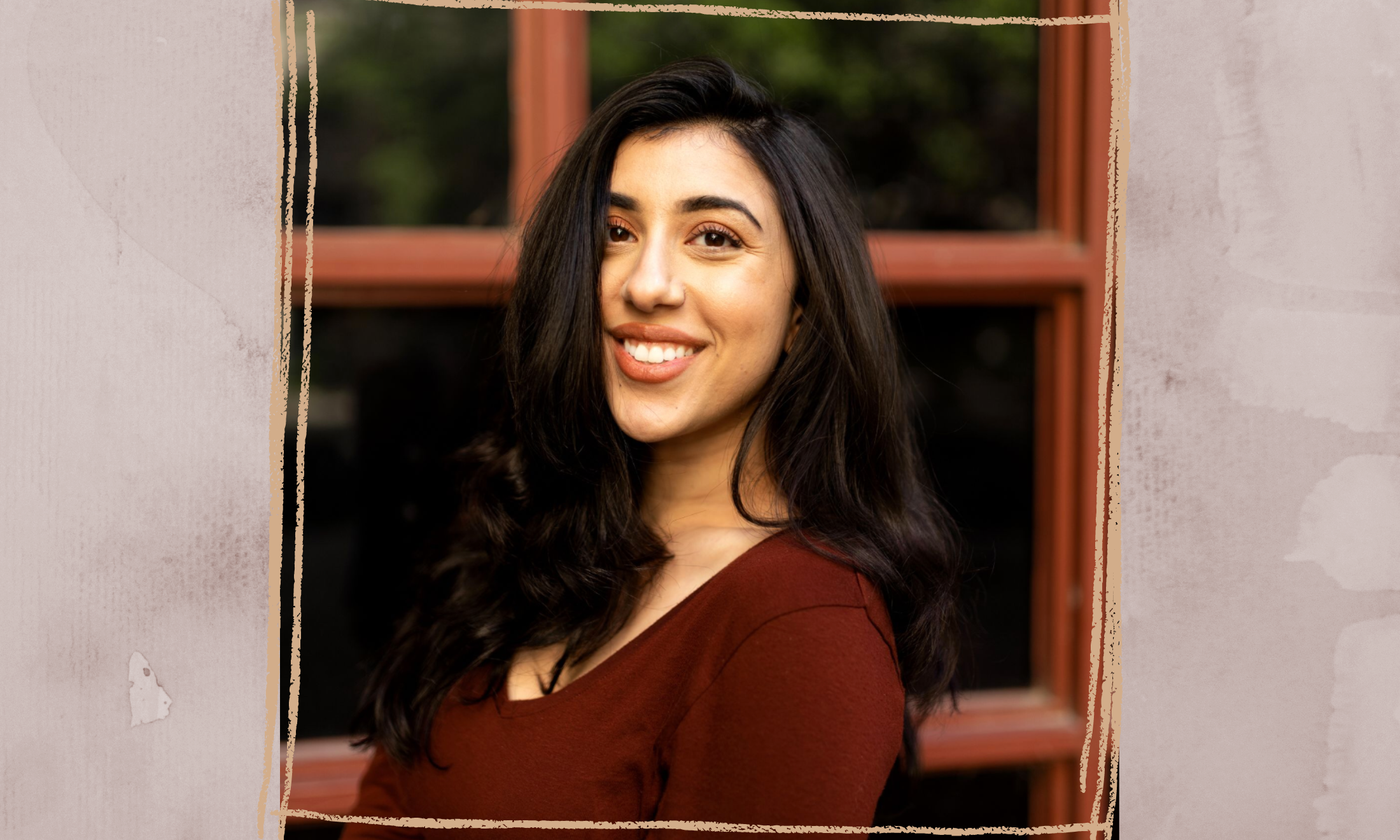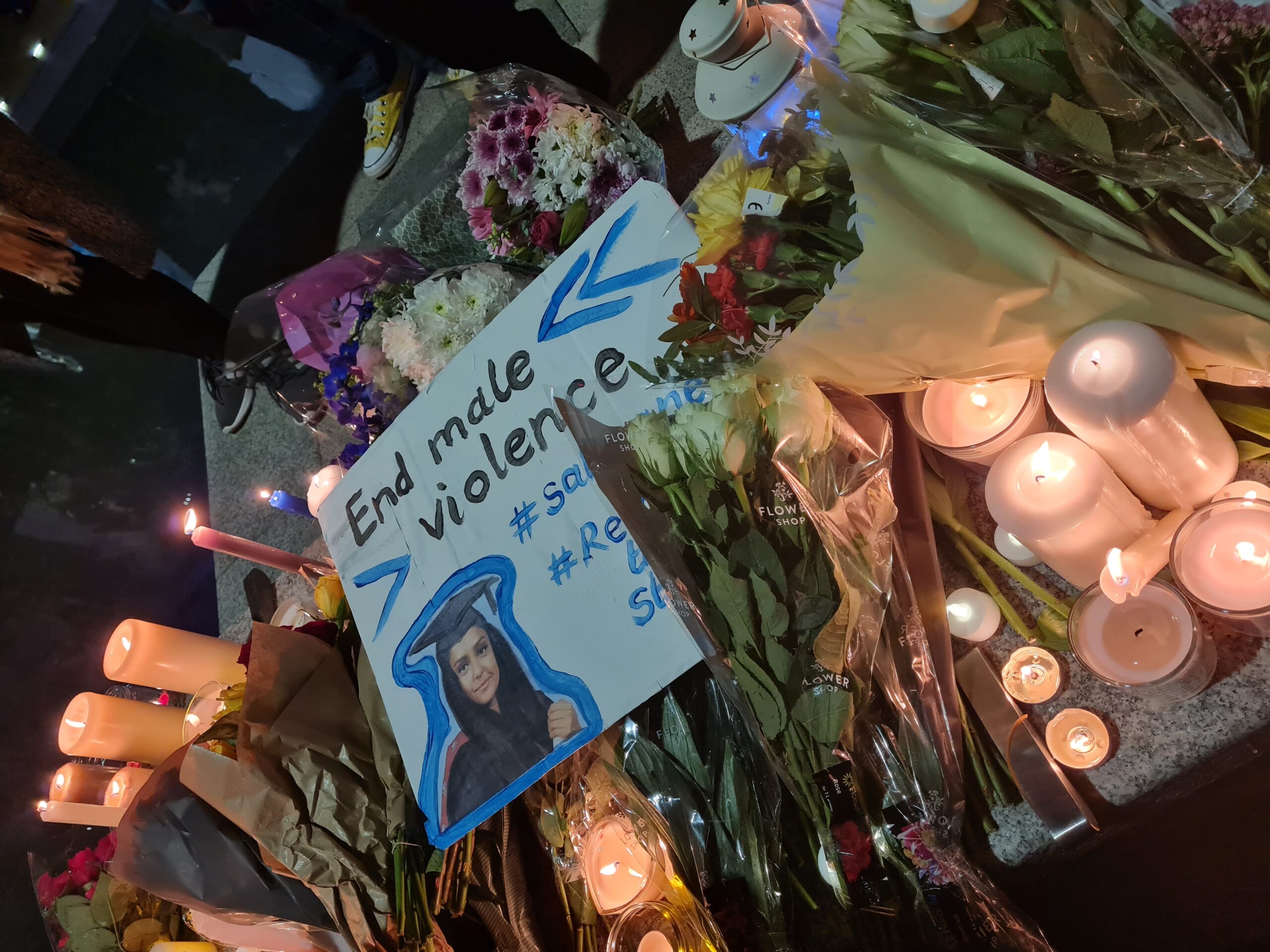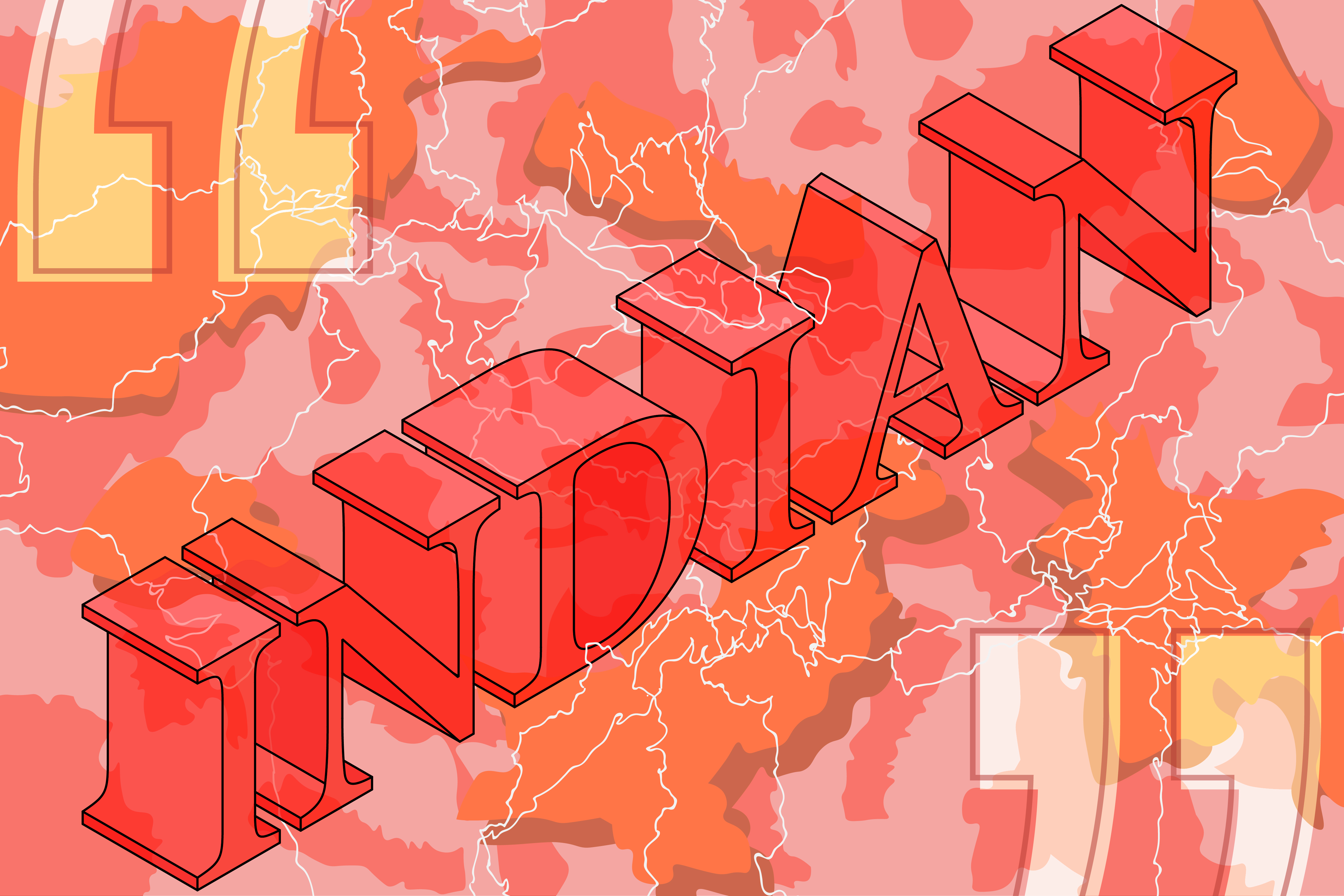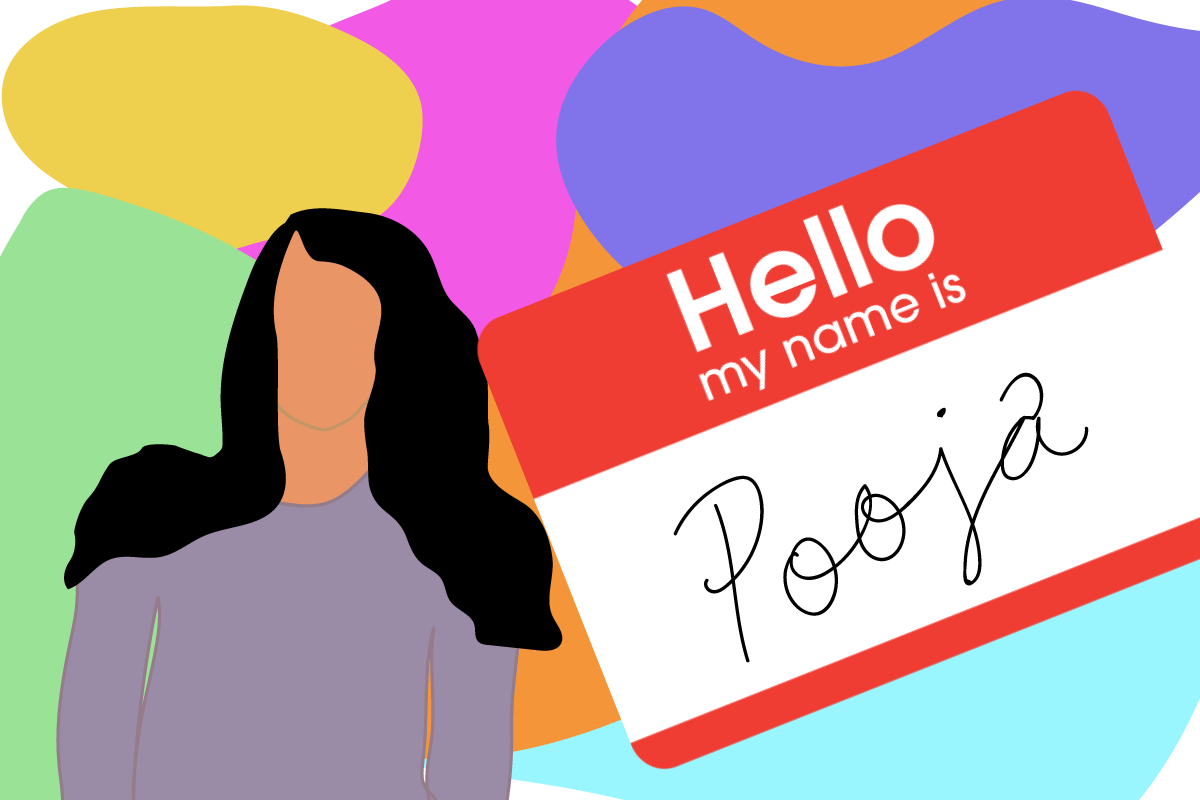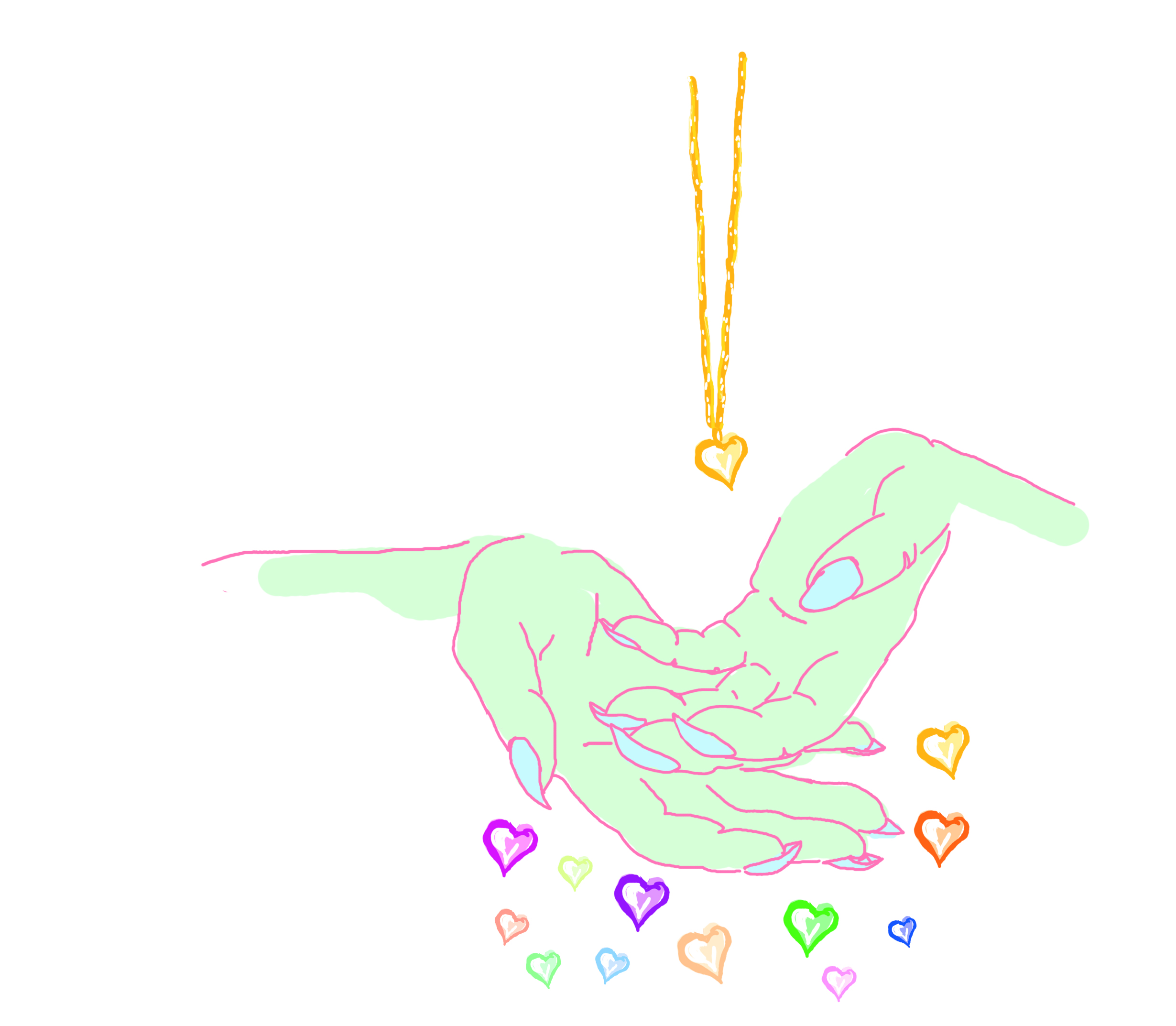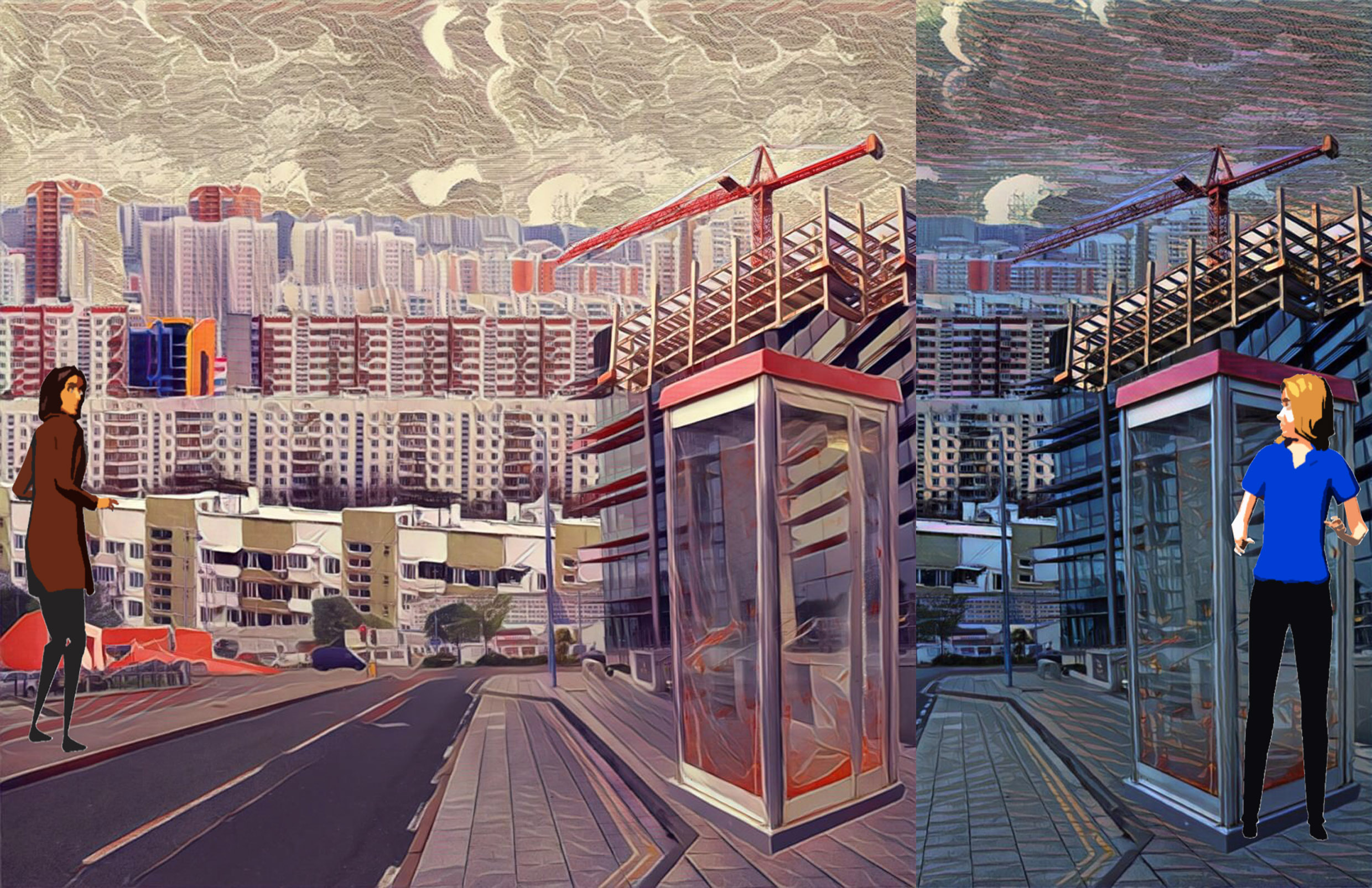
There are over three million Brits of South Asian origin in the UK. Yet the experience of British South Asians – albeit far from monolithic – is still absurdly under-represented in our media; not just in film and television, but also in the realms of tech and publishing.
For this reason, among many, the upcoming 2D narrative game, Aaliyah – the first chapter in a planned trilogy – was born.
We – the creators of Aaliyah – are games designer Jameela Khan, screenwriter Haleema Mirza and producer Fawzia Mahmood. We met as postgraduate-students at the National Film and Television School (NFTS) two years ago. From completely different British and South Asian backgrounds, we previously had wildly divergent career paths. Jameela is a scientist by training; Haleema studied and worked in television; and, Fawzia left finance and studied South Asian history before making her way into film. Yet each of us has the same desire to see stories out there that reflect us as individuals, not as ‘issues’. So rarely are brown people in this country allowed to define their own narratives and be more than crude conduits for a white lead character’s emotional journey. In the rare instance that brown characters have been positioned as standalone leads, stories can so often fall into the trap of having an unnuanced and voyeuristic gaze – something that cannot be undone even with beautifully shot and edited material or a killer soundtrack and exquisite production design.
The three of us tell stories using any form of moving image we can. But we each recognise that the British games industry, although valued at £4.33 billion last year, is still somewhat of an “unpoliced” area, with few gatekeepers. Games therefore provide a medium that allows us to tell the story of a British woman of colour to a wide audience, without her ethnicity having to define her or inform the plot.
In creating Aaliyah, we set out to tell a contemporary British story of our title character, who is an active agent of her own destiny. Aaliyah takes it upon herself to move to a new town, to investigate why her friend committed suicide whilst working in a supermarket, and begins piecing together the circumstances that lead to her death. All the while, Aaliyah is supported by her husband, Bilal. The couple are very much in love – unlike the lazy trope we usually see between South Asian couples in Western media, wherein it’s almost obligatory that the female is subjugated by her male other half. Our game explores female friendship, gender and identity and is the first British game to feature a lead character of South Asian origin.
Our script was written by Haleema, after six months of “healthy” discussions between the three of us. We knew we wanted to let a player feel their way through our story, while at the same time increasing their empathy for Aaliyah, encouraging them to challenge their initial perceptions of characters and events at hand. Meanwhile, our 2D aesthetics deliberately fly in the face of the photo-real. Based on Mughal miniatures, the art and level design in Aaliyah is about layers, observation and “listening” with one’s eyes and ears. It allows for slow meditations on the surreal, epic and mundane scenes which unfold in the first chapter of our trilogy.
We argued ad nauseam about the name of our game, as you might before the birth of a child. Because in a culture in which it’s still acceptable for Jimmy Kimmel to make fun of Mahershala Ali’s name at the Oscars, names mean everything. Not that we care what you think of Aaliyah’s name, mind. Only that you pronounce it properly – it’s Aah-lee-yuh, by the way.
Just as new technology has democratised filmmaking and shaped the way we consume entertainment, there’s been a similar renaissance in games in the last few years, with the onset of freely available game engines, like Unity and Unreal. With the artistry and impact of games now recognised by institutes like the British Academy of Film and Television Arts (BAFTA), the Writers’ Guild of Great Britain (WGGB) and the Wellcome Trust, games are a valid and tested vehicle through which to share stories with an existing, mass audience. If film and television are having trouble representing certain experiences, almost in parallel to real life struggles of representation, then, in these modern times, games are on a powerful footing, and it’s time to get stuck in.
If we’re not here, telling stories in new tech and interactive formats like games, then in years to come we’ll be in the same situation as the film industry is in now, lamenting the lack of authentic stories that reflect our experiences. While actor Riz Ahmed’s recent Channel 4-hosted address to Parliament on ‘representation’ was a very welcome affair, those eagerly sharing the video through their social networks are not necessarily doing very much themselves to address systemic change.
Developing a brown protagonist, who can go about her daily life, is an ideal that creatives of colour aspire to. And we can do it now – right now – in games. So let’s revel in reflecting some of the banality of everyday life – something that ethnic minorities on screen are so often denied – whether it’s the daily grind of a job or feeling through a love affair or dealing with grief. Let’s reclaim and retell experiences that prior narratives about ‘us’ have overlooked. Let’s exceed these, as our white counterparts often do, by breaking through the glass ceiling that so often stunts people of colour on screen. And let’s never be coerced into telling a perspective that is all too easy and boring and fits a mould defined by others.
Follow developments of Aaliyah and our forthcoming demo and release. And believe that incremental cosmic shifts in the media landscape, beyond the rhetoric, are possible if we take matters into our own hands.
Aaliyah: Part One will be showcased at EGX REZZED 2017, a games expo at Tobacco Dock, London between Thursday 31 March and Saturday 1 April 2017. Follow on Twitter at @AALIYAHthegame.

